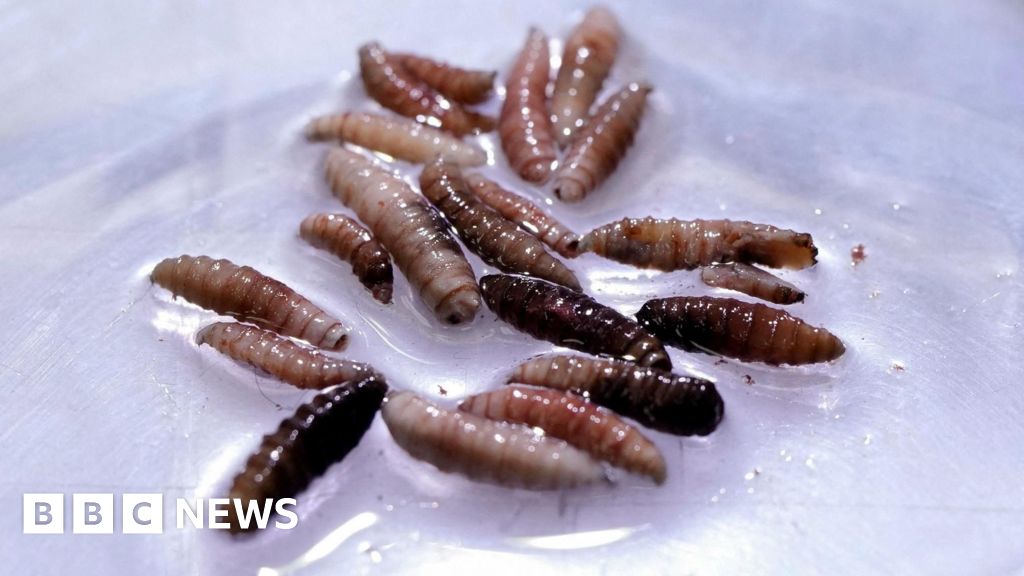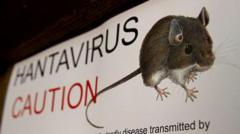In a surprising move, Health Secretary Robert F. Kennedy Jr. has introduced a new panel to evaluate vaccination guidelines for children and adolescents in the United States. The Advisory Committee on Immunization Practices (ACIP) convened for the first time on Wednesday, after Kennedy controversially dismissed all 17 of its previous members. This reshuffled panel features seven new appointees, some of whom are known for their skepticism towards vaccines, raising eyebrows among public health officials.
The ACIP plays a crucial role in advising the U.S. Centers for Disease Control and Prevention (CDC) on vaccination recommendations. The initial meeting commenced with Dr. Martin Kulldorff, the panel’s new chair, sharing his personal experience of being removed from his academic position at Harvard due to his refusal to receive a COVID-19 vaccine. Dr. Kulldorff also announced the formation of specialized working groups tasked with reevaluating vaccination schedules, particularly questioning the necessity of the hepatitis B vaccine for newborns—a well-regarded protection against a potentially fatal virus.
Bill Hanage, an epidemiology professor at Harvard, expressed alarm at the prospect of reassessing vaccines that have been successfully in use for over seven years, suggesting it undermines their established safety and efficacy. The panel's original agenda included making recommendations regarding a vaccine for RSV, which poses risks for infants, but this topic has now been delayed.
Adding further complexity, the panel intends to discuss thimerosal—a mercury-based compound used in some vaccines—despite its removal from most immunizations decades ago. Critics have pointed out that Dr. Kulldorff selected individuals who share his views rather than a diverse array of experts, leading to concerns about the legitimacy and impartiality of the panel’s recommendations.
Some lawmakers have voiced strong criticism of Kennedy’s decisions. Republican Senator Bill Cassidy, who previously expressed hesitance to support Kennedy’s confirmation as health secretary, cautioned about the panel’s legitimacy, urging for a pause in discussions due to its limited composition and lack of a confirmed CDC director to approve outcomes. Cassidy highlighted that while the new members possess scientific qualifications, many lack experience in key areas such as microbiology and immunology, potentially skewing the review process.



















